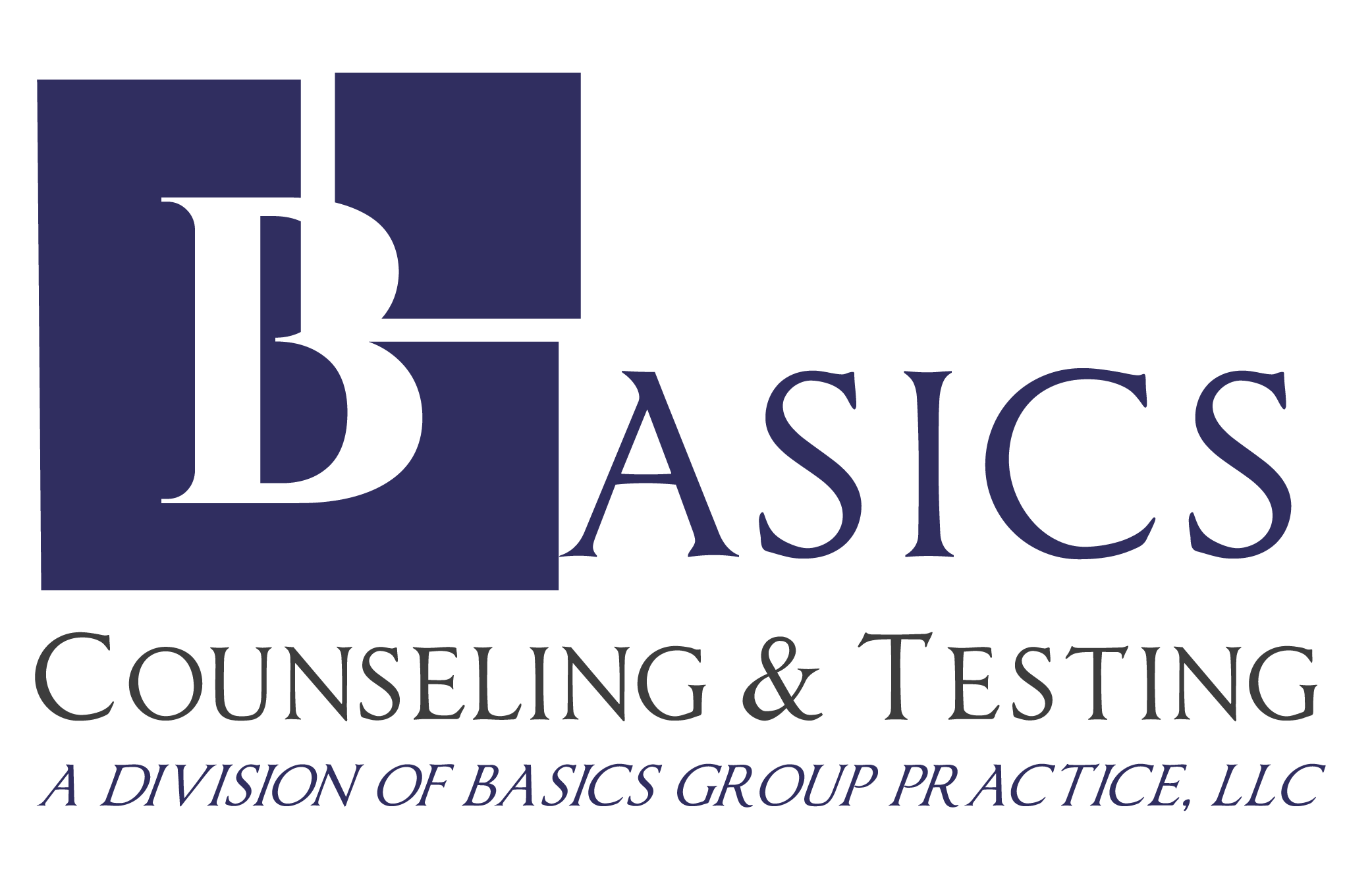PSYCHOLOGICAL AND PSYCHOEDUCATIONAL ASSESSMENTS
Psychological Testing by a trained psychologist can be extremely useful when there is lack of clarity or understanding regarding the reasons and causes of various emotional, psychological, learning, or behavioral problems of a child, adolescent or adult.
Psychological testing refers to the administration of standardized tasks and procedures which allow for a sampling of behavior, in order to understand and predict a given individual's psychological, emotional, and behavioral functioning in a variety of settings. It typically will include an examination of cognitive functioning and learning problems, which might impact an individual’s ability to be successful in school, at work or living independently at home.
Psychoeducational testing can help to identify the particular learning style of a child, and determine if there is a learning disability, cognitive difficulties, or executive functioning problems which impede the learning process. Both psychological testing and psychoeducational testing assists the psychologist in formulating a mental health treatment plan and/or educational intervention strategy, and educates the school and family about a child's needs.
Common reasons why a psychological or psychoeducational evaluation may be recommended include:
- Behavioral and conduct problems
- Concerns about cognitive and intellectual factors
- Learning and academic problems; learning disability
- Understanding causes of emotional problems such as depression, anxiety, social skills deficits, low frustration tolerance or extreme anger, poor impulse control, mood instability, poor coping or emotion regulation skills
- Speech and language problems
- Recommendations for school or residential treatment placement
- Determine eligibility for special services
- Identify factors underlying problem behaviors
- Determine if there is a specific cause for a child's academic, social, or psychological difficulties

